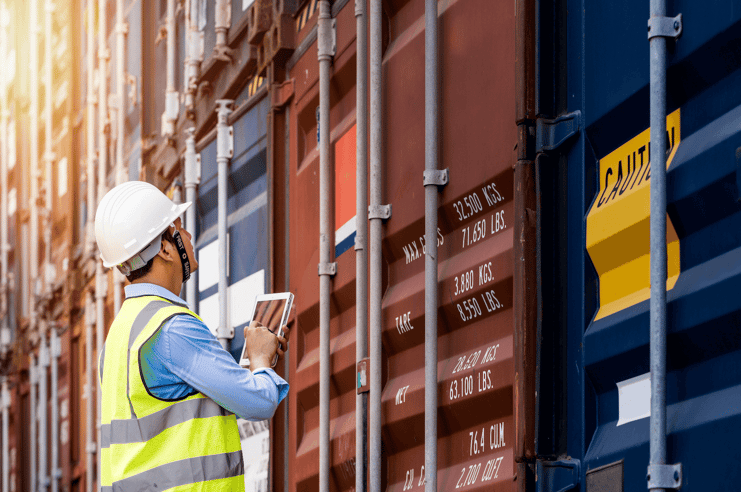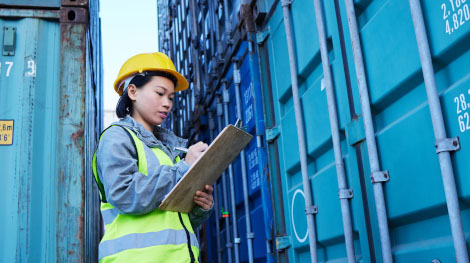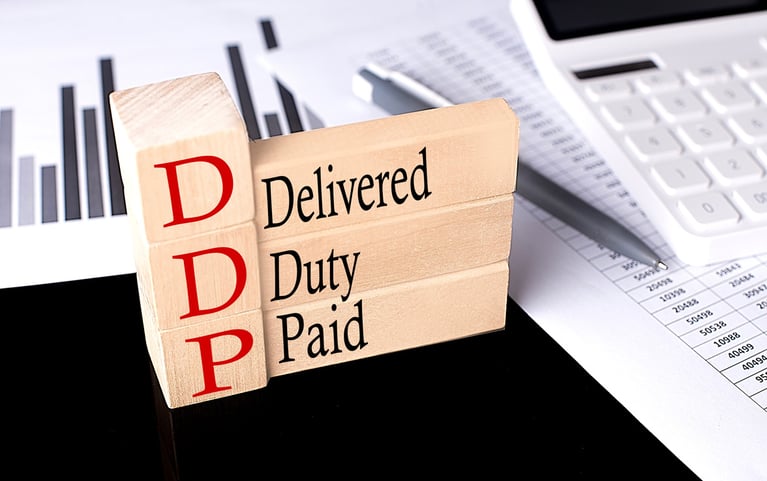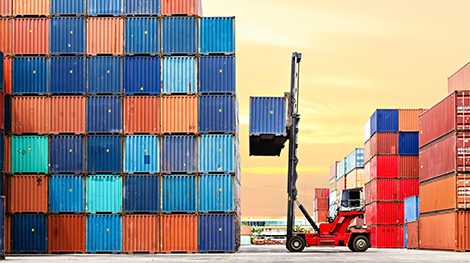Importing goods into the UK is a 3-part process. The first being placing an order with your international supplier and the supplier packing the goods and delivering it to the origin port. The second part is when the freight forwarder transports your goods from the international to the domestic market. The final step in this process is clearing the goods through customs and delivering the goods from the destination port to your door.
While this process sounds simple on paper, there are multiple steps involved in each part, and each stage has its costs and bills associated. These costs are not as upfront as it might seem. Unless you understand the process and research the prices well, most of these costs might surprise you.
First things First - Deciding on the Incoterms will determine who assumes responsibility and liability for goods at any given point along the transport line and who pays for what costs, however ultimately at the end of the day you will be paying for it. Let's say you decide that you want your supplier to handle the entire logistics process you will likely get a bill with just one cost. This Incoterm is known as DDP, Delivery Duty Paid. This in turn means you get no visibility into your logistics costs which can account for 4-15% of your companies revenue, so ideally you will want some control.
Your supplier might suggest using CIF terms, (Cost Insurance Freight), which can seem like a pretty straight forward way of handling the process.
In this case, your involvement in the shipping process is limited - delivery at destination and Import customs costs, therefore saving you time and money. However, once again, you really have no way of determining your final freight bill, which could really eat away at your profits.
Some of these CIF charges include, deferment fees, extra delivery costs and customs clearance delay. Also, there's no straightforward way of calculating some of these charges until your goods arrive at a UK port.
Import charges to expect under CIF terms
1. Deferment charges
When your goods arrive at your destination port, the shipping company pays the UK duty and VAT charges for a fee. The shipping company then bills you for the UK duty, VAT and a percentage for handling these fees. As it is usually charged at a percentage, these fees can add up to a significant amount. Be sure to speak to your freight forwarder about it.
2. Extra Delivery Costs
This one is trickier than the rest. On your bill, this will appear as 'standard delivery charges', and you'd think it includes transportation and delivery from the port in the UK to your door. However, what it means is your goods will arrive in a standard UK haulier, the truck will arrive at your door and the driver will let you handle the goods from there. So unless you have some heavy machinery to de-load the truck or some terrific friends, you'd need to pay extra charges for the 'extra delivery costs'.
If for some reason, you aren't able to pick the goods on the day they arrive, an additional charge for 'missed delivery' will be applied.
3. UK Duty and Import VAT
Declaring your goods at UK Customs is a must and shouldn't come as a surprise to you. You can refer to the HMRC website (Her Majesty's Revenue & Customs) to calculate the duty and import VAT, or you can speak to a member of the WTA team.
4. Customs Clearance
Once the goods have reached a port in the UK, the customs department assesses it. Customs checks if the goods that have arrived are compliant with UK standards and have the necessary paperwork attached.
Depending on what you're importing you might need to have an import license, adhere to trade standards, or be subject to anti-dumping duty or need additional certifications. Whatever the case, not having these documents could mean your goods will be sitting at the warehouse for longer than necessary. You will have to end up bearing the extra costs of warehousing, ports and shipping lines. If you don't have enough information about what customs clearance you need to plan for, speak to your freight forwarder.
Consider changing to FOB terms
When importing goods into the UK you ideally want to make sure that you know where your goods are at any one time and how much the logistics process is going to cost you. Under DDP or CIF terms it can be very difficult for you to have control of your supply chain costs. Whilst it might be more of a steep learning curve to take control of your imports, under the Incoterms using the Incoterm FOB, Freight on Board can be a much better way of taking control of your logistic costs and perhaps avoiding the hidden charges in your freight bill.
Under FOB terms, your supplier arranges your goods to be sent to the origin port and once your goods are on-board the vessel everything from that point is your responsibility. If you have the right Freight Forwarder working with you, they can provide full visibility of your import costs even down to the SKU level of your goods. Each step of the importing process can be covered by your freight forwarder, from choosing the right sized container, transit time, port location in the UK, warehousing, customs and compliance and delivery options and all of these elements will be highlighted and determined prior to your goods arriving in the UK.









